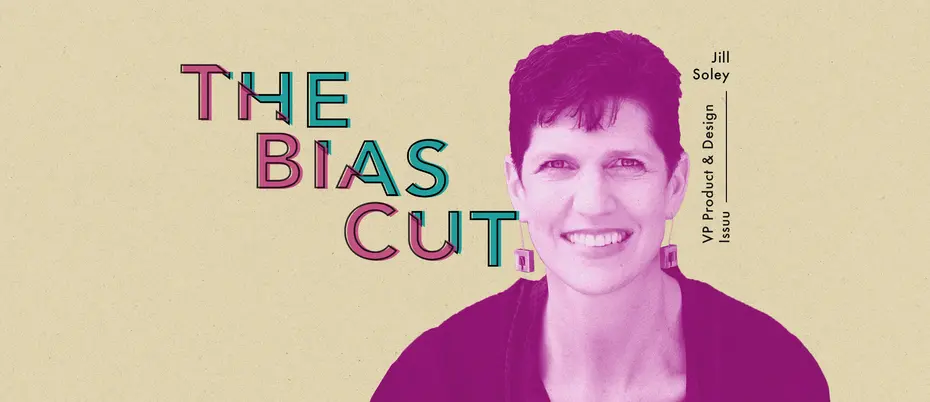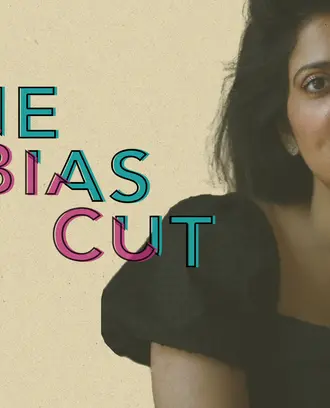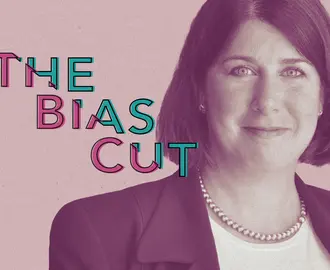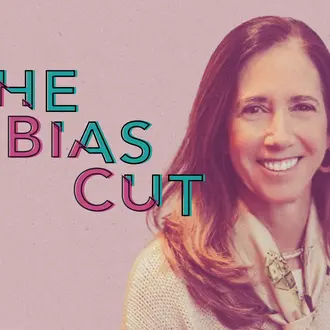The Bias Cut
How self-promotion and a strong cohort help this Adobe veteran
“You need to be clear about the value you bring to the market and make sure others know what value you provide.”
A 2020 women’s leadership study from LeanIn.org and McKinsey & Co. found that American women held less than 40% of corporate management positions, and women continue to fight underrepresentation when it comes to board positions and CEO roles. They also face gender bias, harassment, and opposition to their management styles. Here’s how one Sloan alumna has pushed back on those statistics and used what she’s learned along the way to help those behind her.
Jill Soley, MBA ’02, vice president of product and design at digital publishing platform Issuu
As a woman, in what ways is your professional life different from what you imagined it would be like when you started your career?
I graduated from MIT Sloan before I had kids. At the time, I lacked the foresight to truly understand how much more difficult work life would be when I became a parent. My mother worked full time when I was young. She founded a successful tech company and still made time for us. She made it look so easy that I was in for a shock when I had my kids.
I have the benefit of women like her, who paved the way forward. I also have my cohort of other working moms, which she lacked. But the increase in connectivity has increased expectations. The difficulty of juggling a career in tech — in a global, always-on, high-pressure world — with family has been a constant challenge.
Certain industries are as male-dominated as ever. Where do you see progress in your own professional experience, and how can we scale that throughout your industry?
The expression “If you can see it, you can be it” resonates strongly with me. When I started in tech, I saw few examples of women and even fewer mothers in leadership roles. There are many more today, though not nearly enough, providing examples of ways to make it work. We need to be mindful of the examples we set, and as we grow into roles where we can drive change and challenge prevailing practices and assumptions, we need to do so.
Who was an ally or mentor for you as you’ve navigated your career? What made that person stand out, and how specifically did they help you get to the next level of your professional development?
While I was working part time at Adobe, a senior executive, Lea Hickman, approached me about a big project she was launching. She offered me the opportunity to lead it, but I would have to return full time. It was a tough decision, but I took it. The project was Adobe Creative Cloud, which, in addition to being a growth opportunity for me, was transformational for the company. I will always appreciate Lea for giving me that opportunity and not writing me off because I had young kids and worked part time. The greatest impact on my career, though, has been not one person, but my “personal board of directors.” My board is a tight group of women (who happen to be MIT Sloan alums) who are on call/text to provide support, information, advice, perspective, and humor, whenever needed. Careers are a team sport — make sure you have a strong bench and cover each other.
How do you support women coming up behind you?
Diverse teams make better decisions and drive greater returns. It is a business imperative to hire diversity, and it won’t happen by accident — it has to be intentional.For my own teams: I always try to make sure there is diversity in my hiring pool and do my best to de-bias the interview process by including a diverse group of interviewers and challenging slanted [generally towards white men] job requirements or feedback.
Beyond my teams, since warm introductions significantly increase one’s chances of consideration for any position, I also try to introduce high-potential women and minorities into great opportunities whenever possible.
What is the most difficult lesson you’ve learned in your professional life? In what unexpected ways did you grow from it?
Early in my career, I kept my head down and just tried to do good work. What you do and how you do it are critical, because they create an impression, they shape your reputation and your brand. But I quickly learned that wasn't enough. I thought the work would speak for itself and management would notice and I'd just get opportunities and promotions. But it doesn’t.
You are a product in the labor market. You need to be good at what you do. You also are your own chief marketing officer. That means you need to be clear about the value you bring to the market and make sure others know what value you provide. That means speaking up in meetings, taking credit for your work, and raising your hand for growth opportunities. It may also mean speaking at conferences, writing articles or blog posts, sharing on social media, or other kinds of marketing and self-promotion.
Throughout your life and career, other people will have expectations for you and want things from you. If you aren't clear about your goals and priorities and you don't take charge, you'll get sucked into others' visions of what is best for you. Take chances, trust yourself, have confidence, and don't be afraid to chart your own path.




